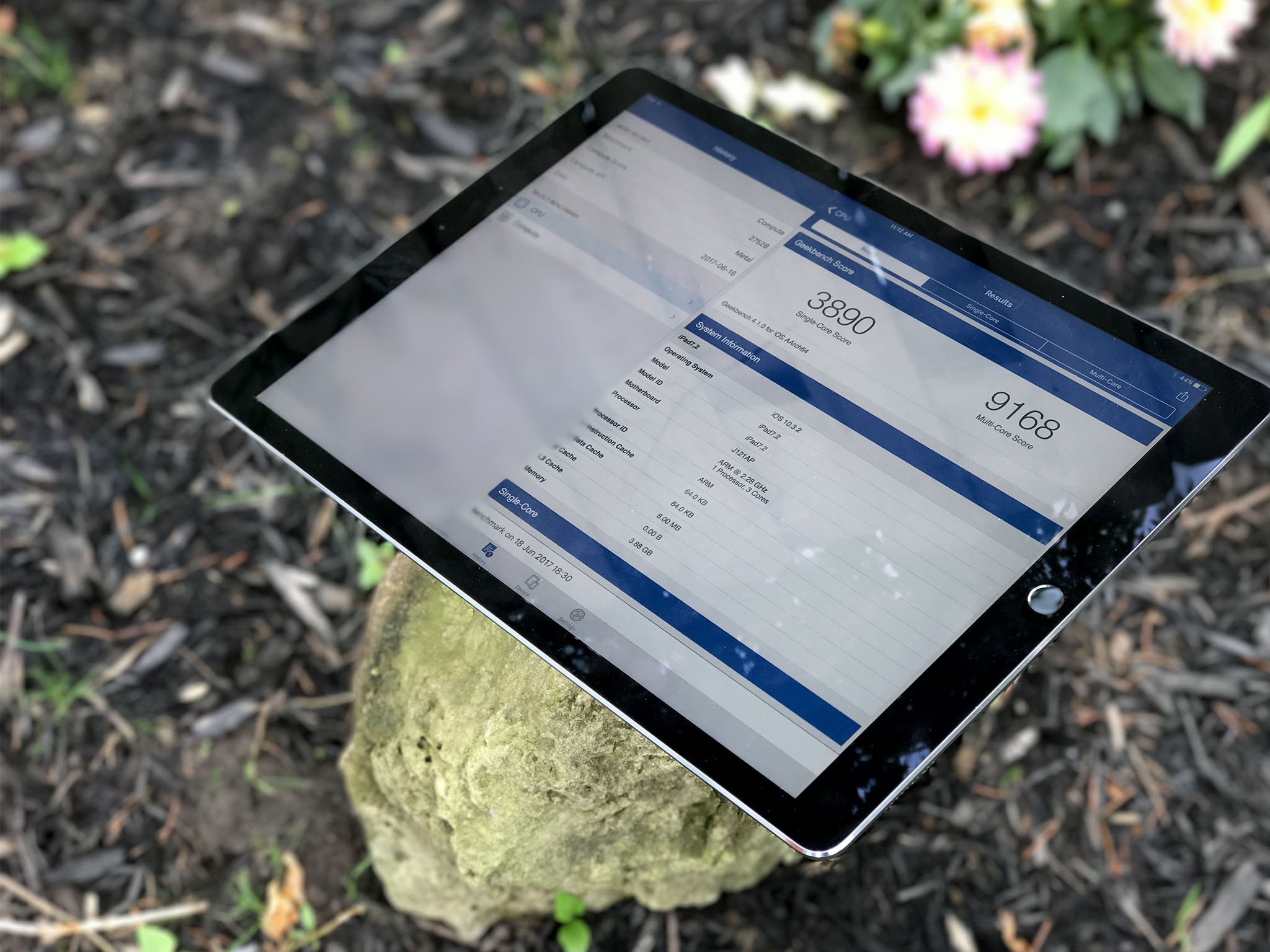No, your iPad isn't affected by #iPhoneSlow. Here's why!

iMore offers spot-on advice and guidance from our team of experts, with decades of Apple device experience to lean on. Learn more with iMore!
You are now subscribed
Your newsletter sign-up was successful
iOS 10.2.1 added battery health to the list of things included in the advanced power management system on iPhone. Flash forward and, after customers complained about excessive performance issues, Apple is now offering battery replacements at a reduced price and will update iOS to provide better insight into battery health. But what about iPad? Should iPad customers also be worried about performance throttling or battery health?
No, at least not as far as Apple has indicated to date.
What you need to know about Apple's $29 battery replacement program
Why aren't iPads affected by Apple's power management throttling?
Because Apple hasn't added them to the same battery health-based power management system.
From Apple Support, emphasis mine:
With a low battery state of charge, a higher chemical age, or colder temperatures, users are more likely to experience unexpected shutdowns. In extreme cases, shutdowns can occur more frequently, thereby rendering the device unreliable or unusable. iOS 10.2.1 (Released January 2017) includes updates for previous models of iPhone to prevent them from unexpectedly shutting down. This includes a feature for iPhone 6, iPhone 6 Plus, iPhone 6s, iPhone 6s Plus, and iPhone SE to dynamically manage the instantaneous performance peaks, only when needed, to prevent the device from unexpectedly shutting down. This capability was also extended to iPhone 7 and iPhone 7 Plus with iOS 11.2, and we will continue improving our power management feature in the future. This feature's only intent is to prevent unexpected shutdowns so that the iPhone can still be used.
Apple specifically calls out iPhone — and more specifically, iPhone 6, iPhone 6 Plus, iPhone 6s, iPhone 6s Plus, and iPhone SE.
It's possible that a very old iPad with very poor battery health could have trouble dealing with spikes but, since Apple hasn't added them to the power management system, they'd shut down the same way iPhone 5s and previous iPhones would.
iMore offers spot-on advice and guidance from our team of experts, with decades of Apple device experience to lean on. Learn more with iMore!
Could Apple add iPads to the same power management system?
Theoretically, but iPads have significantly bigger batteries than iPhones. That means they can better handle instantaneous performance peaks over a much, much longer portion of their battery life.
iPads are typically also charged less frequently, are better at dissipating heat, and are less likely to be used out in the cold.
Never say never, but it's not something that's happening now.
But what if your iPad is slow?
There are several things that can affect iPad performance. Excessive heat, for example, has always and will still cause processors to ramp down on any device, including iPads. So can the cruft and bit rot that builds up over months and years of use.
You can try rebooting or even backing up and restoring to improve performance.
If Apple does start throttling iPads to preserve battery health, will you update?
Absolutely. For now, though, cancel the red alert.
What if you have more questions about #iPhoneSlow on iPad?
Drop them in the comments below!

Rene Ritchie is one of the most respected Apple analysts in the business, reaching a combined audience of over 40 million readers a month. His YouTube channel, Vector, has over 90 thousand subscribers and 14 million views and his podcasts, including Debug, have been downloaded over 20 million times. He also regularly co-hosts MacBreak Weekly for the TWiT network and co-hosted CES Live! and Talk Mobile. Based in Montreal, Rene is a former director of product marketing, web developer, and graphic designer. He's authored several books and appeared on numerous television and radio segments to discuss Apple and the technology industry. When not working, he likes to cook, grapple, and spend time with his friends and family.
